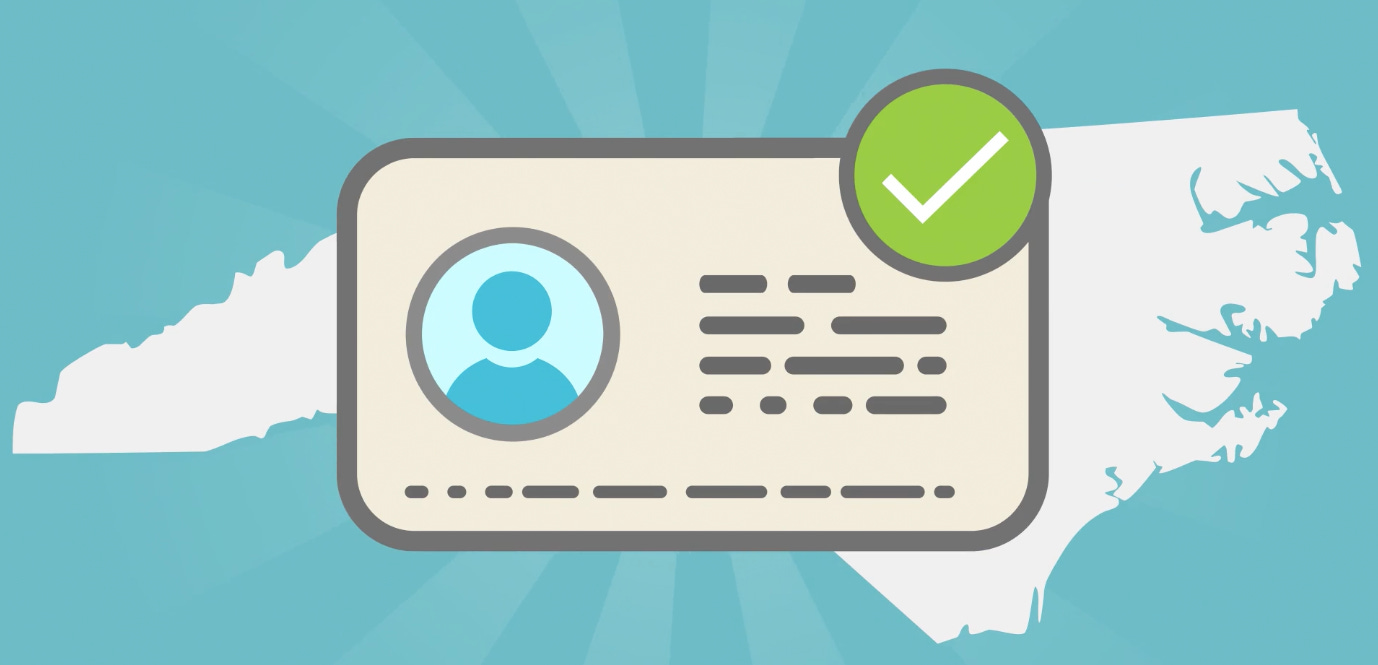Who's on the primary election ballot?
Early voting begins Feb. 15 and the primary election is March 5.

Multiple people have filed for federal, state and local offices, including seats for the U.S. House of Representatives, NC Governor, the Council of State, NC House, NC Senate, county commissioners and local boards of education. The primary election will be held in North Carolina on March 5. As I previously reported, below is a breakdown of dates to expect ahead of the primary election, per NCSBE.
Jan. 19, 2024: County boards of elections begin mailing absentee ballots to eligible voters who submitted an absentee ballot request form.
Feb. 9, 2024: Voter registration deadline (5 p.m.).*
Feb. 15, 2024: In-person early voting begins.
Feb. 27, 2024: Absentee ballot request deadline (5 p.m.).*
March 2, 2024: In-person early voting ends (3 p.m.).
March 5, 2024: Primary Election Day.
March 5, 2024: Absentee ballot return deadline (7:30 p.m.).*
(*Voter registration and absentee voting deadlines are different for military and overseas citizen voters.)
Don’t forget your photo ID: North Carolina voters will be asked to show photo ID when they check in to vote. Learn more: Voter ID.
Click here if you vote in Rutherford County to view the list of who has filed to run in 2024.
Click here to view candidate lists for every office in NC.
Find your sample ballot: All eligible, registered voters will find their sample ballot(s) in the “Your Sample Ballot” section of their Voter Search profile when they become available. For even-year elections, sample ballots are typically available 50 days before Election Day.
Anyone running unopposed in the primary will be automatically included on the official election ballot in November. Yesterday, the NCSBE voted unanimously to finalize the list of presidential preference primary candidates for 2024 and approved temporary administrative rules regarding procedures related to election observers.
Who can vote in the primary?
Voters affiliated with any political party may vote on the ballot of candidates for their party only. For example, a registered Republican may vote on the Republican primary ballot only. Some recognized political parties in North Carolina may not have primary ballots. Unaffiliated voters may choose to vote on any one political party’s ballot. A voter cannot vote in more than one party’s primary.
It’s important to remember that your voting record is a public record. Anyone can look up your voting history. Here’s mine below (I am registered as an unaffiliated voter.)
How are winners determined?
Candidates who win in each contest on their party’s ballot will become their party’s nominees. The nominee will appear on the ballot in the general election contest. To become the party’s nominee, the candidate must win by at least 30% of the vote plus one. For multi-seat primary contests (for example, at-large county commissioners), primary candidates win if they earn 30% of the total number of votes cast, divided by the number of nominations to be filled.
Could there be a second primary?
If no candidate reaches the vote percentage necessary to become the nominee in a contest on the ballot, a runner-up can request a second primary to be held on May 14, 2024. The NCSBE will determine if any contests will have second primaries.
For information about registering to vote or updating your voter registration, visit ncsbe.gov.
Editor’s Note: This will be the second primary I’ve covered in NC and the third election season! Learn more about this newsletter and my background.
Cops & Congress by Annie Dance is a service journalism newsletter, focusing on police, policy, and public records in the Lake Lure, NC area. I published over forty stories since launching Cops & Congress in April 2023 and more briefs on Meta (Facebook) and X (Twitter). They’ve all been free to read.
My independent journalism has played a vital role in scrutinizing local policies, providing diverse perspectives, and fostering community engagement. 2023 underscored the interconnectedness of law enforcement practices, legislative decisions, and the role of independent journalism in shaping the narrative and promoting transparency within the unique context of Lake Lure, Rutherford County, and western North Carolina.
In 2024, my work covering cops and Congress faces pivotal challenges. I must navigate the evolving landscape of police reform, transparency, and accountability. As elected officials delve into legislative actions, I will continue to work to scrutinize decisions shaping the trajectory of our area. I can’t do it for free. Everyone deserves to be paid fairly for their work. I am starting a paid version of this newsletter this week. There will still be free content periodically, but most criminal justice stories and any exclusives (scoops) will require a paid subscription. (I have several scoops I am planning to publish shortly!) You can easily upgrade below—many thanks to those who have already upgraded to a paid subscription.
Thank You
📰 You, the readers, make this independent, community-supported, public-service journalism possible.
☕️ ⛽️ Virtually buy me a coffee or a gallon of gas to help me inform you by covering the important issues of Lake Lure, Rutherford County and western NC. For further inquiries, including tips, suggestions, in-kind support, or sponsorships, email CopsandCongress@gmail.com.
Follow me on X (Twitter), Facebook, Linkedin, Instagram, TikTok, and YouTube.


